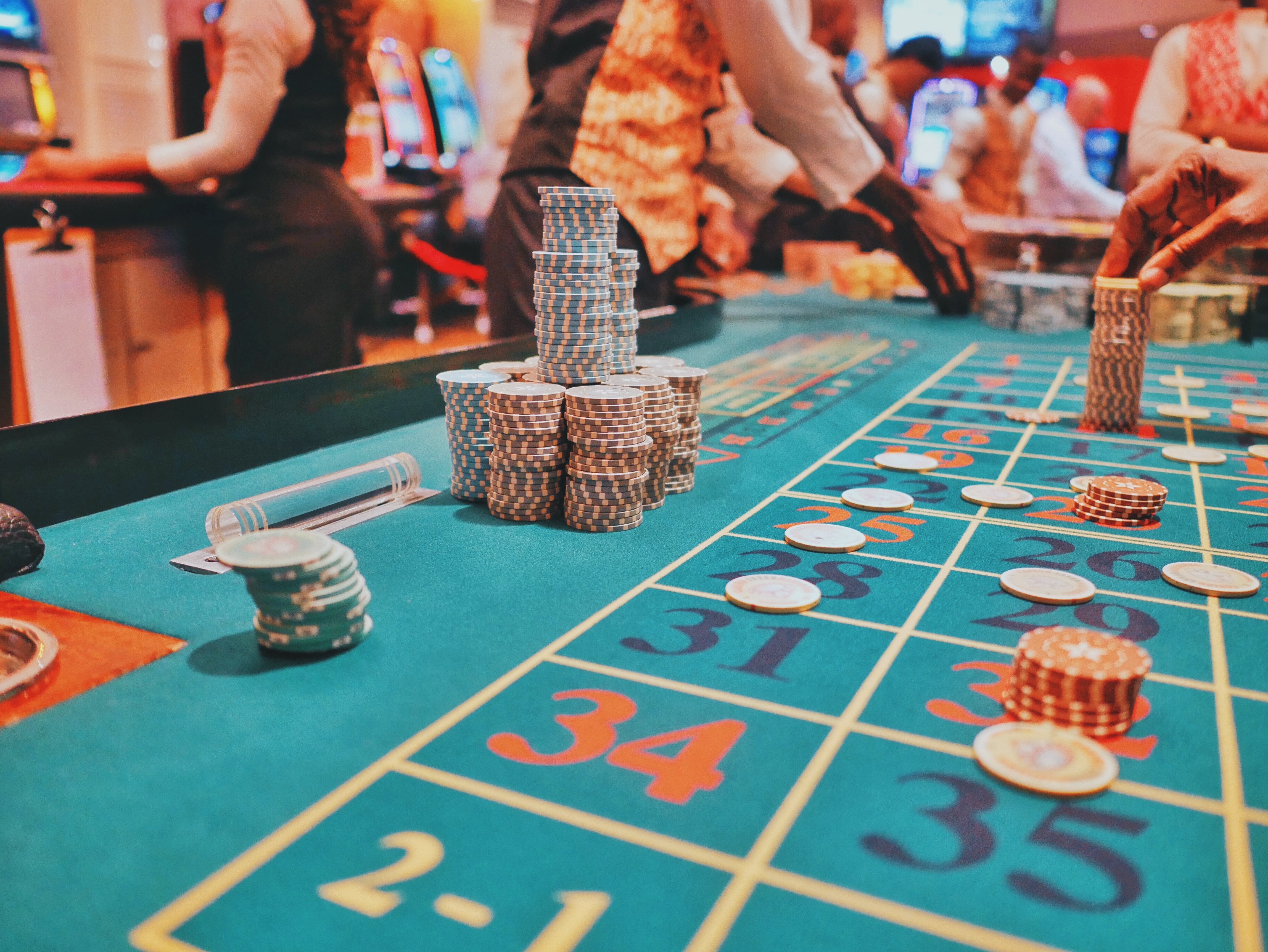Gambling Addiction Treatment
Gambling Addiction Treatment
Gambling addiction is a complex issue. It requires a person to recognize that they
have a problem and seek treatment. That takes tremendous strength sg live casino, especially if
the person has lost a lot of money or had their relationships with family and friends
strained by the addiction. The first step is finding a treatment center that offers
inpatient and outpatient care. Call us to learn about the services available near you.
Friends and family members also can receive therapy to help them cope with the
stress of having a loved one deal with gambling addiction.

Compulsive gambling may start as early as the teen years or during times of stress
or depression. Many people develop a problem with gambling as a result of an
underlying mental health condition, such as bipolar disorder. A therapist can teach a
person to manage their symptoms and improve impulse control.
In addition to psychotherapy, some people with gambling problems benefit from
medication and support groups. Antidepressants and narcotic antagonists can treat
mood swings, which may trigger urges to gamble. In addition, a psychiatrist can
prescribe medications that ease anxiety and depression.
Behavioral therapy can help a person identify thoughts that lead to and support the
addiction and replace them with healthier beliefs. Cognitive behavioral therapy and
group cognitive restructuring have been shown to be effective in treating
pathological gambling. A controlled investigation by Echeburura and his colleagues
compared the effectiveness of these two approaches with a waiting-list control
group. They found that both cognitive and behavioral treatments were significantly
more effective than the control.
Motivational enhancement strategies are brief therapeutic interventions designed to
reduce resistance and increase a client’s motivation to change. They may be used as
a complement to other treatments, or they can be applied on their own. These
techniques are often effective in helping clients with ambivalence toward their
addiction, which can interfere with treatment.
Some people benefit from the structure and support of an inpatient or residential
treatment program at a facility devoted to gambling addiction. These programs
provide a safe place to live and attend classes while receiving one-on-one and group
counseling. They can last from 30 days to a year, depending on the type of program
and individual needs.
Regardless of the type of treatment program, it is important for the person to make
a commitment to abstain from gambling and seek treatment when needed. It is also
helpful to avoid places and situations that trigger gambling urges. It is not
uncommon for someone to relapse after treatment, but it is important to stay
committed to the recovery process and to find a sponsor or mentor who can offer
guidance and support. Self-help groups, such as Gamblers Anonymous, can also be a
useful resource for some people.

